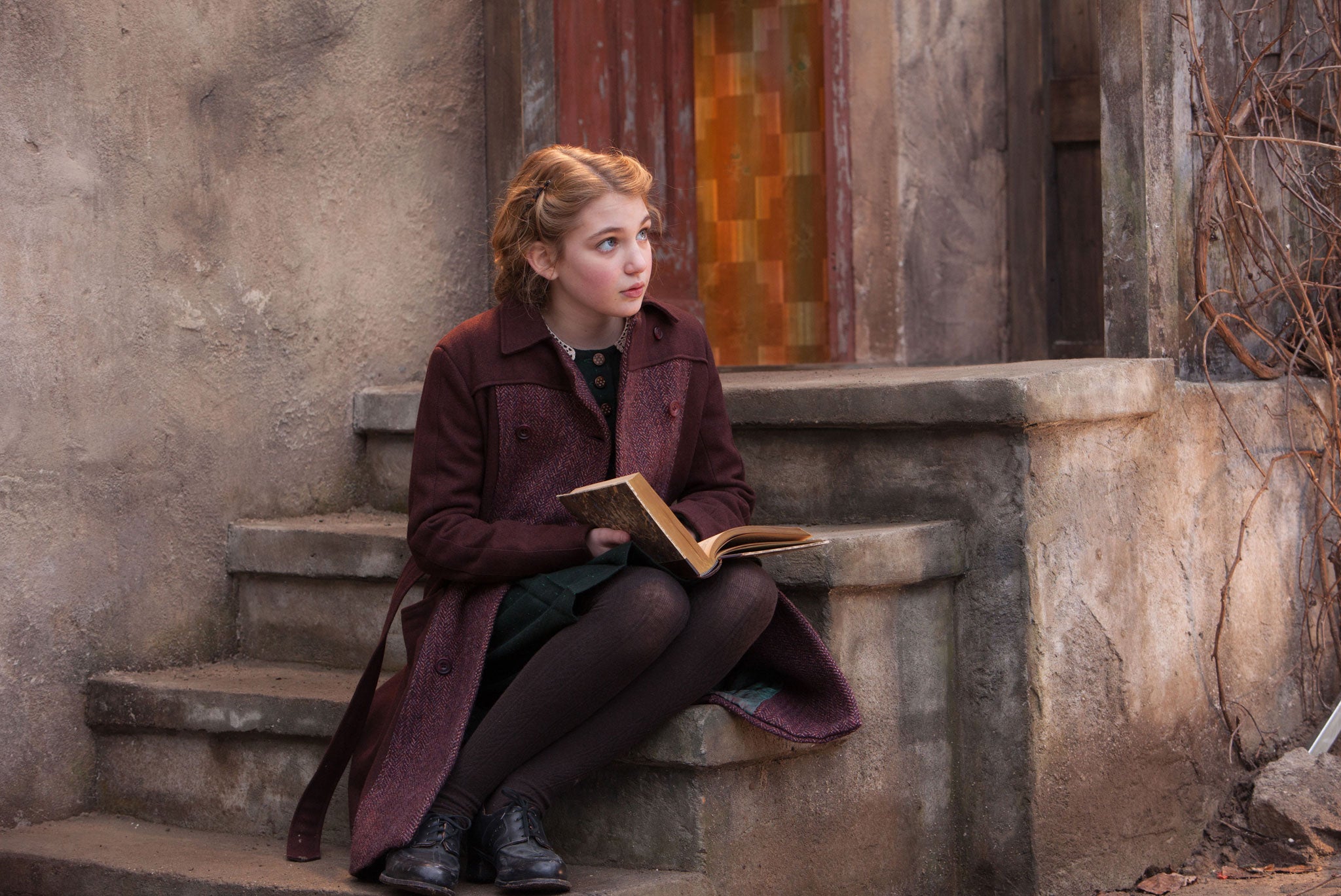The release of The Book Thief marks another step in cinema taking a more rounded view of World War Two
In recent years, some films have offered an alternative perspective on the tragedy

The Book Thief is the latest in a new genre of films showing the conflict from a German point of view. Have we reached a watershed moment in our ability to recognise – even empathise – with victims on both sides?
Hollywood has dreamed up some dastardly baddies over the years. But since the Second World War, not even Darth Vadar or the Wicked Witch of the West has provided a more reliable source of “boo hiss” than real-life Nazis.
For 70 years the war film genre has been a straightforward struggle between good and bad – the heroic Allies versus the demonic Nazis. The Third Reich is an instant means to shock and scare.
It’s less problematic for popcorn munching audiences to tar all war-time Germans with the same brush – from high ranking officers to ordinary Deutschers. All were complicit. All were guilty.
In terms of creating a simple plot, this all makes perfect sense. Hollywood thrives on good versus evil. It makes a good story.
But something’s happened of late in the film industry that suggests the issue of collective German guilt is no longer so black-and-white
The Boy in the Striped Pajamas (2008) was among the first to take a nuanced view, looking at the horror of the Holocaust through the eyes a concentration camp commandant’s son.
Then The Reader (2008) trod the muddy moral waters of a female SS guard’s war crimes trial. It proved a goose step too far for many – especially in the Jewish community – who found the portrayal of a Nazi as a sympathetic character deeply troubling.
Then Lore (2012) followed the children of a Nazi officer as they travelled across post-war Germany after their father’s arrest.
The Book Thief, based on the novel by Markus Zusak, continues the theme, looking at Kristallnacht, book burning and the Hitler Youth from a nine-year-old Aryan orphan’s perspective.
This painful reckoning with the past is something for subsequent generations to grapple with more dispassionately. It may take another 70 years to settle on a more balanced and accurate assessment of the Second World War. That Hitler was everyone’s tragedy.
Join our commenting forum
Join thought-provoking conversations, follow other Independent readers and see their replies
Comments